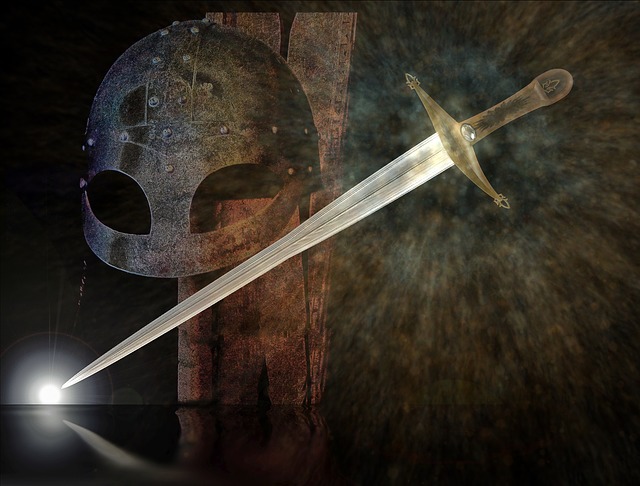
12 For the word of God is living and active, sharper than any two-edged sword, piercing to the division of soul and of spirit, of joints and of marrow, and discerning the thoughts and intentions of the heart. – Hebrews 4:12
Living
We have been looking at attributes of the Word of God using Jeremiah chapter 36. In the last study, we looked at contrasting reactions to the hearing of God’s Word. I mentioned that people react to the Bible unlike any other book. The primary reason is given in today’s verse from the book of Hebrews. The Word of God is living. It is active. It has an inherent power that no other book has. The reactions of Josiah and Jehoiakim to the Word of God have been repeated numerous times throughout history and will continue to be as long as the Gospel is shared. Reaction’s that are not merely superficial or emotional, but life changing. Reaction’s like those at Pentecost.
37 Now when they heard this they were cut to the heart, and said to Peter and the rest of the apostles, “Brothers, what shall we do?” – Acts 2:37
Accomplishing
Peter boldly proclaimed the Word of God and 3ooo people were converted. They “received the Word and were baptized.” We should not be surprised.
10 “For as the rain and the snow come down from heaven
and do not return there but water the earth,
making it bring forth and sprout,
giving seed to the sower and bread to the eater,
11 so shall my word be that goes out from my mouth;
it shall not return to me empty,
but it shall accomplish that which I purpose,
and shall succeed in the thing for which I sent it. – Isaiah 55:10-11
God’s Word will accomplish its purpose. What a promise. What a hope. The Word of God is not impotent. It is not ineffective. It is a living seed we are to cast on the soil of the hearts of men and trust the work of the Holy Spirit to produce a plentiful spiritual harvest. But without the living Word, there can be no crop.
Preaching
14 How then will they call on him in whom they have not believed? And how are they to believe in him of whom they have never heard? And how are they to hear without someone preaching? 15 And how are they to preach unless they are sent? As it is written, “How beautiful are the feet of those who preach the good news!”16 But they have not all obeyed the gospel. For Isaiah says, “Lord, who has believed what he has heard from us?” 17 So faith comes from hearing, and hearing through the word of Christ. – Romans 10:14-17
We rejoice for the repentance of Josiah. We are thrilled by the account of the 3000 who were converted at Pentecost. But we can not be intimidated by those like Jehoiakim and the Pharisees who reject the Word. We must always remember that God’s Word is alive and our duty is to keep the Faith and proclaim it. The results and the reactions we can leave with God. God’s Word will not return to Him void.
Harvesting
4 And as they were speaking to the people, the priests and the captain of the temple and the Sadducees came upon them, 2 greatly annoyed because they were teaching the people and proclaiming in Jesus the resurrection from the dead.3 And they arrested them and put them in custody until the next day, for it was already evening. 4 But many of those who had heard the word believed, and the number of the men came to about five thousand. – Acts 4:1-4
Notice what is happening here in Acts. Peter continues to preach the Word. While the leadership of the day was “greatly annoyed”, many who heard the Word believed and the church increased. The formula still works today. We don’t need gimmicks. We don’t need committees. We don’t need man made philosophies. God’s Word is alive. It is active. It is sufficient.
It alone gives men new life.
23 since you have been born again, not of perishable seed but of imperishable, through the living and abiding word of God; – 1Peter 1:23
It sustains the believer.
4 But he answered, “It is written, “‘Man shall not live by bread alone, but by every word that comes from the mouth of God.’” – Matthew 4:4
It abides within the Child of God.
“and the word of God abides in you” – 1 John 2:14
Our Living God has given us His Living Word to impart life into the spiritually dead. How wise we would be to meditate on it like the blessed man in Psalm 1 and to proclaim it to those that have never heard.
63 It is the Spirit who gives life; the flesh is no help at all. The words that I have spoken to you are spirit and life.
68 Simon Peter answered him, “Lord, to whom shall we go? You have the words of eternal life John 6:63,68
God is not dead. And neither is His Word. Spread the Good News!!





